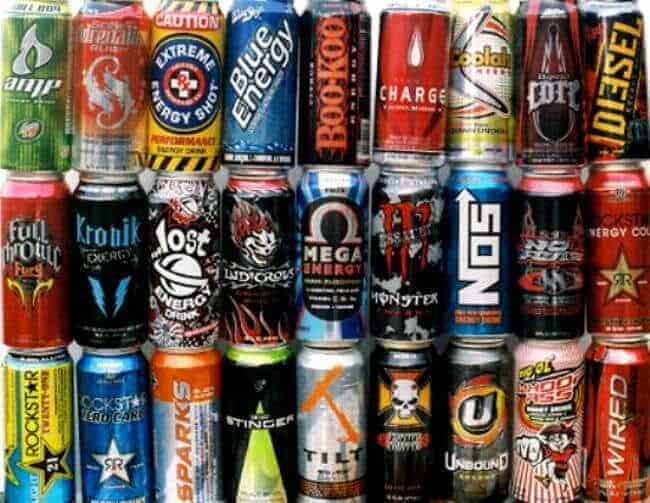A new review of current scientific knowledge on energy drinks finds their advertised short-term benefits can be outweighed by serious health risks — which include risk-seeking behavior, mental health problems, increased blood pressure, obesity and kidney damage. The study, published in Frontiers in Public Health, also highlights the worrying trend of mixing energy drinks with alcohol. The authors recommend restricted sales to children and adolescents and setting evidence-based caffeine limits.
As energy drink consumption continues to grow worldwide, there is a need to thoroughly examine their advertised benefits, nutritional content and any negative effects on public health.
“We summarize the consequences of energy drink consumption, which include heart, kidney, and dental problems, as well as risk-seeking behavior and poor mental health,” says Dr. Josiemer Mattei, Assistant Professor of Nutrition based at the Harvard T.H. Chan School of Public Health, Boston, USA, who published this study along with a team of graduate researchers.
“The evidence suggests they are harmful to health and should be limited through more stringent regulation by restricting their sales to children and adolescents, as well as setting an evidence-based upper limit on the amount of caffeine.”
Most energy drinks consist of similar ingredients — water, sugar, caffeine, certain vitamins, minerals and non-nutritive stimulants such as guarana, taurine and ginseng. Some can contain up to 100 mg caffeine per fluid ounce, eight times more than a regular coffee at 12 mg. A moderate daily caffeine intake of up to 400 mg is recommended for adults, but little research exists on tolerable levels for adolescents and children.
“The energy drink industry has grown dramatically in the past 20 years, culminating in a nearly $10 billion per year industry in the United States. They are often marketed as a healthy beverage that people can adopt to improve their energy, stamina, athletic performance and concentration, but our review shows there are important health consequences, and little is known about many of their non-nutritive stimulants such as guarana and taurine,” says Dr. Mattei.
The health risks associated with energy drinks are mostly attributed to their high sugar and caffeine levels. They range from risk-seeking behavior, such as substance misuse and aggression, mental health problems in the form of anxiety and stress, to increased blood pressure, obesity, kidney damage, fatigue, stomachaches and irritation.
The review also highlights another worrying trend of mixing energy drinks with alcohol. Individuals who do this consume more alcohol than if they were drinking alcohol alone. It is thought energy drinks can mask the signs of alcohol inebriation, enabling an individual to consume more, increasing the likelihood of dehydration and alcohol poisoning.
Dr. Mattei and her colleagues hope that by highlighting our current knowledge about the health consequences of energy drinks, policy and interventions can be put in place to reduce negative effects on public health. In addition, the review can be used to target research to fill the gaps in our knowledge.
“Our review is limited because there are a small number of studies in this area and they primarily focus on healthy young adults, assessed at one point in time. Future research should explore the effects of the energy drink constituents we know less about, such as taurine, and consider long-term assessments across a broader range of the population to examine the effects of energy drink consumption over time,” she explains.
“However, we conclude that there is currently enough evidence to suggest that the negative health consequences of drinking energy drinks outweigh any potential short-term benefits.”



Mainstream energy drinks have been extensively studied and confirmed safe for consumption by government safety authorities worldwide, including the FDA and European Food Safety Authority. In fact, most mainstream energy drinks have far less caffeine than a similar size coffeehouse coffee – many have about half as much.
America’s leading energy drink manufacturers voluntarily go far beyond all federal requirements when it comes to responsible labeling and marketing practices, including displaying total caffeine content – from all sources – on their packages along with advisory statements indicating that the product is not recommended for children, pregnant or nursing women and persons sensitive to caffeine. Learn more here: EnergyDrinkInformation.com